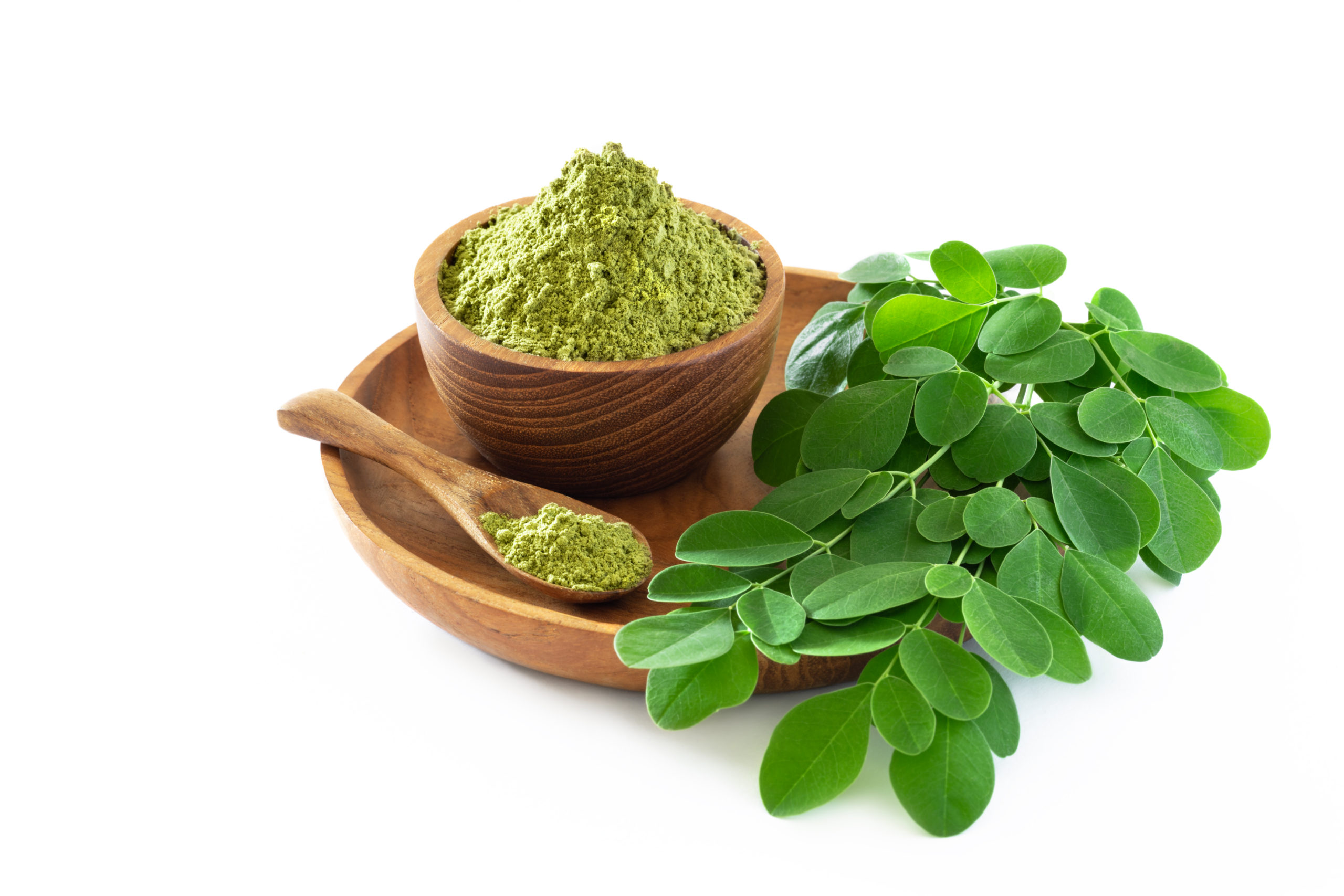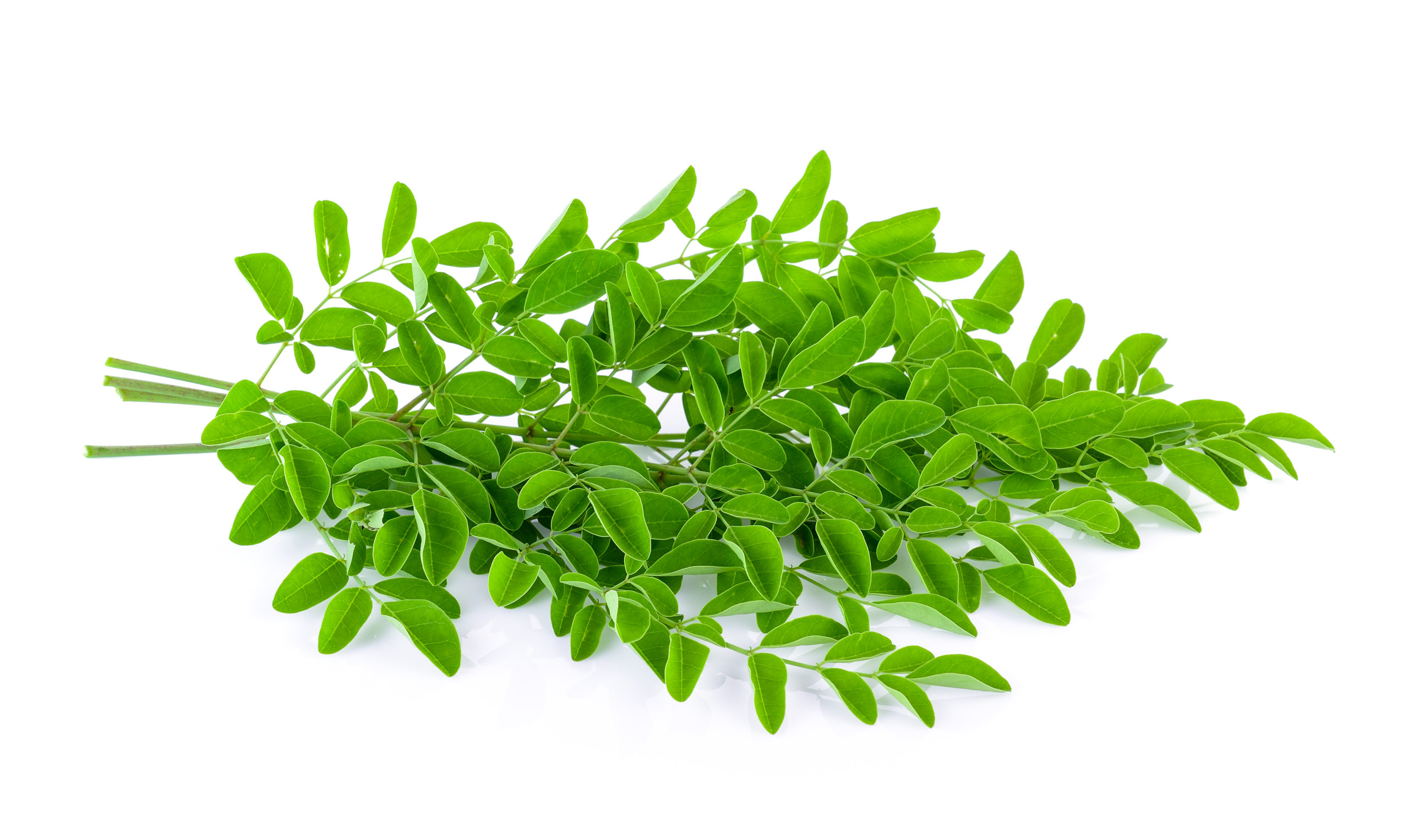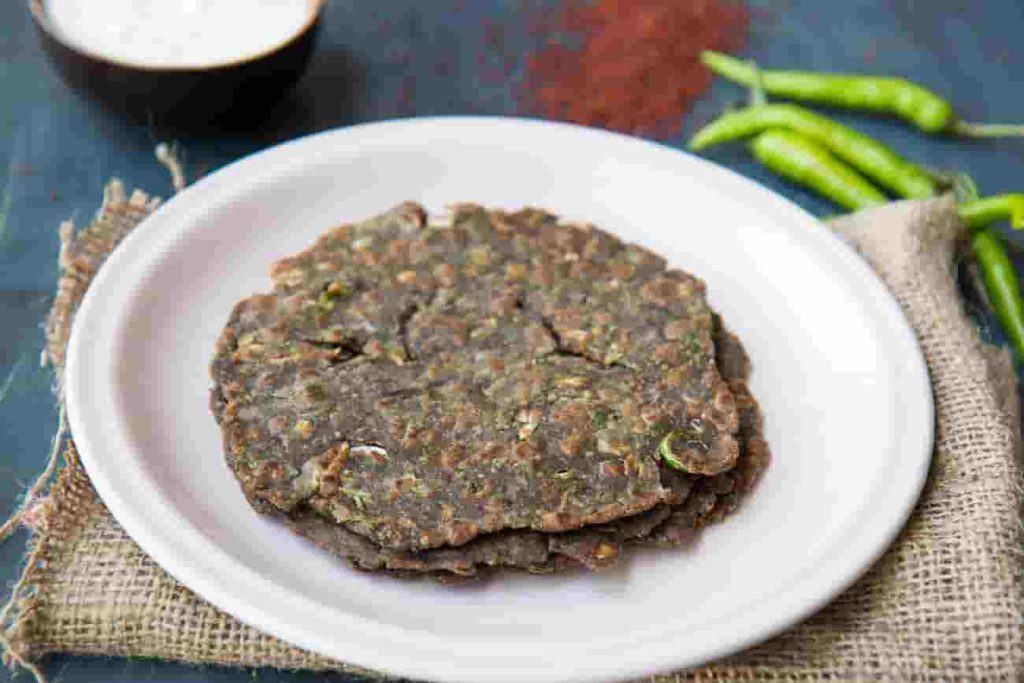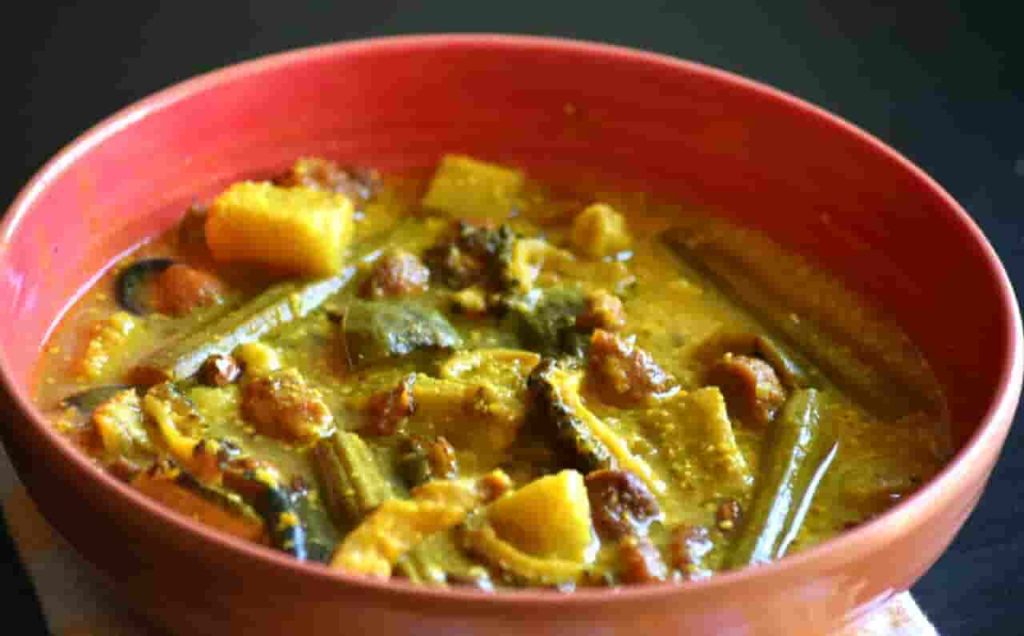Vitamin & Mineral Content of Moringa.
Moringa oleifera, native to India, grows in the tropical and subtropical regions of the world. It is commonly known as ‘drumstick tree’ or ‘horseradish tree’. Moringa can withstand both severe drought and mild frost conditions and hence widely cultivated across the world. With its high nutritive values, every part of the tree is suitable for either nutritional or commercial purposes. The leaves are rich in minerals, vitamins and other essential phytochemicals. Extracts from the leaves are used to treat malnutrition, augment breast milk in lactating mothers. It is used as potential antioxidant, anticancer, anti-inflammatory, antidiabetic and antimicrobial agent. M. oleifera seed, a natural coagulant is extensively used in water treatment. The scientific effort of this research provides insights on the use of moringa as a cure for diabetes and cancer and fortification of moringa in commercial products. This review explores the use of moringa across disciplines for its medicinal value and deals with cultivation, nutrition, commercial and prominent pharmacological properties of this “Miracle Tree”.

All values are per 100 grams of edible portion.
Fresh Leaves
Dried Leaves
Carotene (Vit. A)*
6.78 mg
18.9 mg
Thiamin (B1)
0.06 mg
2.64 mg
Riboflavin (B2)
0.05 mg
20.5 mg
Niacin (B3)
0.8 mg
8.2 mg
Vitamin C
220 mg
17.3 mg
Calcium
440 mg
2,003 mg
Calories
92 cal
205 cal
Carbohydrates
12.5 g
38.2 g
Copper
0.07 mg
0.57 mg
Fat
1.70 g
2.3 g
Fiber
0.90 g
19.2 g
Iron
0.85 mg
28.2 mg
Magnesium
42 mg
368 mg
Phosphorus
70 mg
204 mg
Potassium
259 mg
1,324 mg
Protein
6.70 g
27.1g
Zinc
0.16 mg
3.29 mg
*Figures shown for vitamin A are carotene content for fresh leaves and beta-carotene content for dried leaves.1, 5



